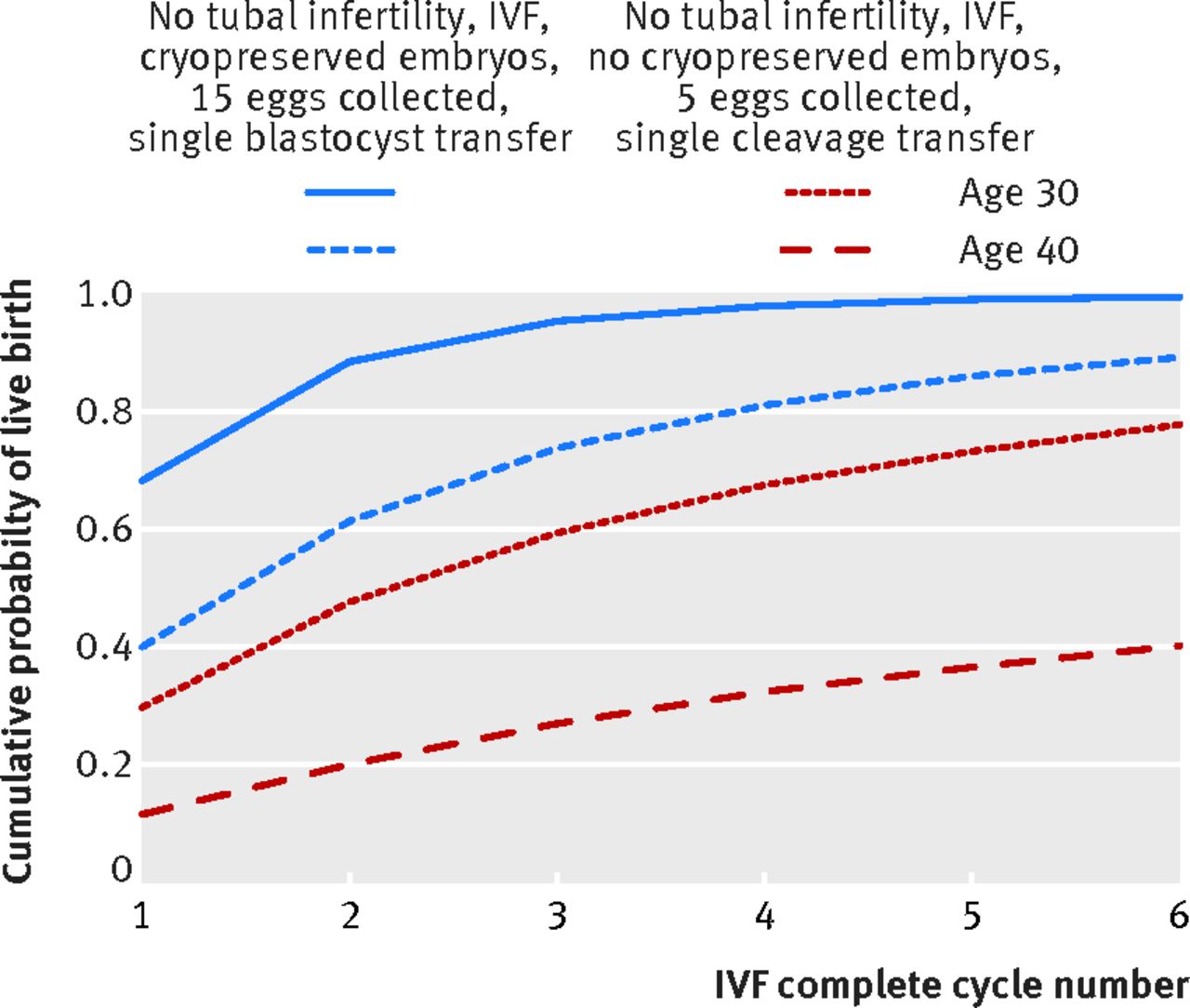04Jan2018
Modeling the probability of giving birth at health institutions
by admin, 0 Comments

Modeling the probability of giving birth at health institutions among pregnant women attending antenatal care in West Shewa Zone, Oromia, Ethiopia: A cross sectional study
N Dida, Z Birhanu, M Gerbaba, D Tilahun, S Morankar
Abstract
Background: Although ante natal care and institutional delivery is effective means for reducing maternal morbidity and mortality, the probability of giving birth at health institutions among ante natal care attendants has not been modeled in Ethiopia. Therefore, the objective of this study was to model predictors of giving birth at health institutions among expectant mothers following antenatal care.
Methods: Facility based cross sectional study design was conducted among 322 consecutively selected mothers who were following ante natal care in two districts of West Shewa Zone, Oromia Regional State, Ethiopia. Participants were proportionally recruited from six health institutions. The data were analyzed using SPSS version 17.0. Multivariable logistic regression was employed to develop the prediction model.
Results: The final regression model had good discrimination power (89.2%), optimum sensitivity (89.0%) and specificity (80.0%) to predict the probability of giving birth at health institutions. Accordingly, self efficacy (beta=0.41), perceived barrier (beta=-0.31) and perceived susceptibility (beta=0.29) were significantly predicted the probability of giving birth at health institutions.
Conclusion: The present study showed that logistic regression model has predicted the probability of giving birth at health institutions and identified significant predictors which health care providers should take into account in promotion of institutional delivery.
Key word: Institutional delivery, intention, ANC, probability
Recent Posts
- Editor’s choice: Tackling infectious diseases, NCDs and sexual reproductivehealth issues as we enter our 24th year of remarkable growth
- Preconception and contraceptive care for women living with HIV/AIDSattending antiretroviral treatment clinics in Lagos State, Nigeria
- Effects of SNPs on TNF-α and IL-10 cytokine expression in TB and HIVpatients in the Capricorn district, Limpopo Province, South Africa
- Prevalence of Schistosomiasis in a neglected community, South western Nigeria at two points in time, spaced three years apart
- Review of Leishmaniasis in the Middle East and North Africa
Recent Comments
Categories
- 2001 Issues
- 2002 Issues
- 2003 Issues
- 2004 Issues
- 2005 Issues
- 2006 Issues
- 2007 Issues
- 2008 Issues
- 2009 Issues
- 2010 Issues
- 2011 Issues
- 2012 Issues
- 2013 Issues
- 2014 Issues
- 2015 Issues
- 2016 Issues
- 2017 Issues
- 2018 Issues
- 2019 Issues
- 2024 Issues
- Articles
- December issue
- December Release
- June Issue
- June Release
- March Issue
- March Issue
- March Release
- News
- number / volume 2
- number /volume 1
- number /volume 1
- number /volume 1 2008
- number 1
- number 1
- number 1
- number 1
- number 1
- number 1
- number 1
- number 2
- number 2
- number 2
- number 2
- number 2
- number 2
- number 2
- number 2 special Issue
- number 2 special Issue 2
- number 3
- number 3
- number 3
- number 3
- number 3
- number 3
- number 3
- number 4
- number 4
- number 4
- number 4
- number 4
- number 4
- number/ volume 3 2008
- number/ volume 4 2008
- number/volume 1
- number/volume 1
- number/volume 2
- number/volume 2
- number/volume 2 2008
- number/volume 3
- number/volume 3
- number/volume 3
- number/volume 4
- number/volume1
- September Issue
- September Release
- Special Edition
- special Issue
- Uncategorized
- Vol. 24 No. 1 (2024)
- volume 1
- volume 1
- volume 1
- volume 2
- volume 2
- volume 2
- volume 2
- volume 2
- volume 3
- volume 3
- volume 3
- volume 3
- volume 4
- volume 4
- volume 4
- volume 4
- volume1
Categories
- 2001 Issues
- 2002 Issues
- 2003 Issues
- 2004 Issues
- 2005 Issues
- 2006 Issues
- 2007 Issues
- 2008 Issues
- 2009 Issues
- 2010 Issues
- 2011 Issues
- 2012 Issues
- 2013 Issues
- 2014 Issues
- 2015 Issues
- 2016 Issues
- 2017 Issues
- 2018 Issues
- 2019 Issues
- 2024 Issues
- Articles
- December issue
- December Release
- June Issue
- June Release
- March Issue
- March Issue
- March Release
- News
- number / volume 2
- number /volume 1
- number /volume 1
- number /volume 1 2008
- number 1
- number 1
- number 1
- number 1
- number 1
- number 1
- number 1
- number 2
- number 2
- number 2
- number 2
- number 2
- number 2
- number 2
- number 2 special Issue
- number 2 special Issue 2
- number 3
- number 3
- number 3
- number 3
- number 3
- number 3
- number 3
- number 4
- number 4
- number 4
- number 4
- number 4
- number 4
- number/ volume 3 2008
- number/ volume 4 2008
- number/volume 1
- number/volume 1
- number/volume 2
- number/volume 2
- number/volume 2 2008
- number/volume 3
- number/volume 3
- number/volume 3
- number/volume 4
- number/volume1
- September Issue
- September Release
- Special Edition
- special Issue
- Uncategorized
- Vol. 24 No. 1 (2024)
- volume 1
- volume 1
- volume 1
- volume 2
- volume 2
- volume 2
- volume 2
- volume 2
- volume 3
- volume 3
- volume 3
- volume 3
- volume 4
- volume 4
- volume 4
- volume 4
- volume1
